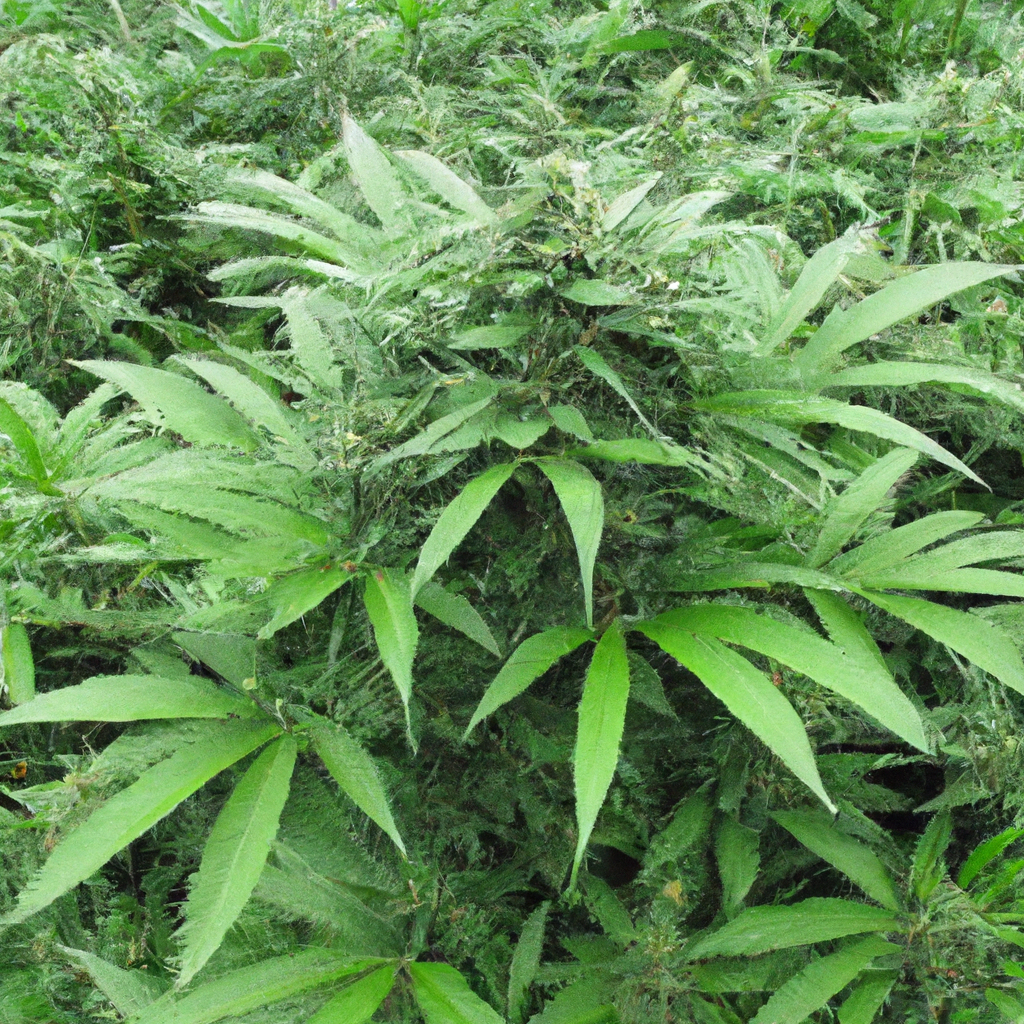Your cart is currently empty!
Choosing to cultivate cannabis organically means committing to sustainable, environmentally friendly practices that enhance both plant health and final product quality. This approach not only benefits the earth but also ensures consumers receive a cleaner, more natural product. Whether you’re a seasoned cultivator or new to the world of cannabis growing, understanding the best practices for organic cultivation is essential.
Crafting the Perfect Organic Soil
An integral part of any organic cultivation practice is the soil in which your cannabis plants grow. Developing a living, dynamic soil ecosystem involves:
- Composting: Composting adds rich, complex nutrients to your soil, fostering microbial life that helps feed and nurture plant roots. Utilize kitchen scraps, leaves, and other organic matter to enrich your soil mix.
- Cover Crops: Incorporating cover crops such as clover or alfalfa can improve soil structure, add nitrogen, and attract beneficial insects.
- Avoiding Synthetic Chemicals: Organic growing eschews synthetic fertilizers and pesticides. Instead, natural amendments like bone meal, fish emulsion, and kelp are used for nutrient management.
Natural Fertilizers: Feeding Cannabis the Organic Way
Organic fertilizers provide an eco-friendly way to boost cannabis growth without harming the environment. Consider the following natural fertilizers for your organic grow:
- Worm Castings: These contain essential nutrients and beneficial microbes that enhance root strength and disease resistance.
- Guano: Bat or seabird guano is rich in nitrogen and phosphorus, ideal for vigorous plant growth.
- Compost Tea: A liquid form of compost that quickly delivers nutrients and beneficial organisms directly to plant roots.
Organic Pest Control: Protecting Plants Naturally
Maintaining plant health without synthetic pesticides is a hallmark of organic cultivation. Use these natural pest control methods to keep your cannabis plants safe:
- Companion Planting: Techniques like planting marigolds or basil can repel harmful insects naturally.
- Beneficial Insects: Introducing ladybugs or predatory mites helps control populations of aphids and other pests.
- Neem Oil: This effective, organic treatment works against a wide variety of pests and can be used as a preventive measure.
The Environmental and Consumer Benefits of Organic Cannabis
Organic cannabis not only protects the environment but also enhances consumer experiences. With reduced use of harmful chemicals, organic cultivation supports local ecosystems, lowers pollution, and promotes biodiversity. Consumers benefit from quality cannabis that offers pure, clean flavors and improved cannabinoid profiles, free from synthetic residues.
Conclusion
Embracing organic cannabis cultivation is about more than just growing plants; it’s about nurturing a sustainable relationship with nature. By implementing natural soil enhancements, fertilizers, and pest control methods, growers can produce high-quality cannabis that respects the planet and delivers superior benefits to consumers. Start your organic journey today and contribute to a greener, healthier future.
Tags: OrganicGrowing, NaturalFertilizers, PestControl, Sustainability, CannabisCultivation
Discover more from Magic Clones
Subscribe to get the latest posts sent to your email.


Leave a Reply